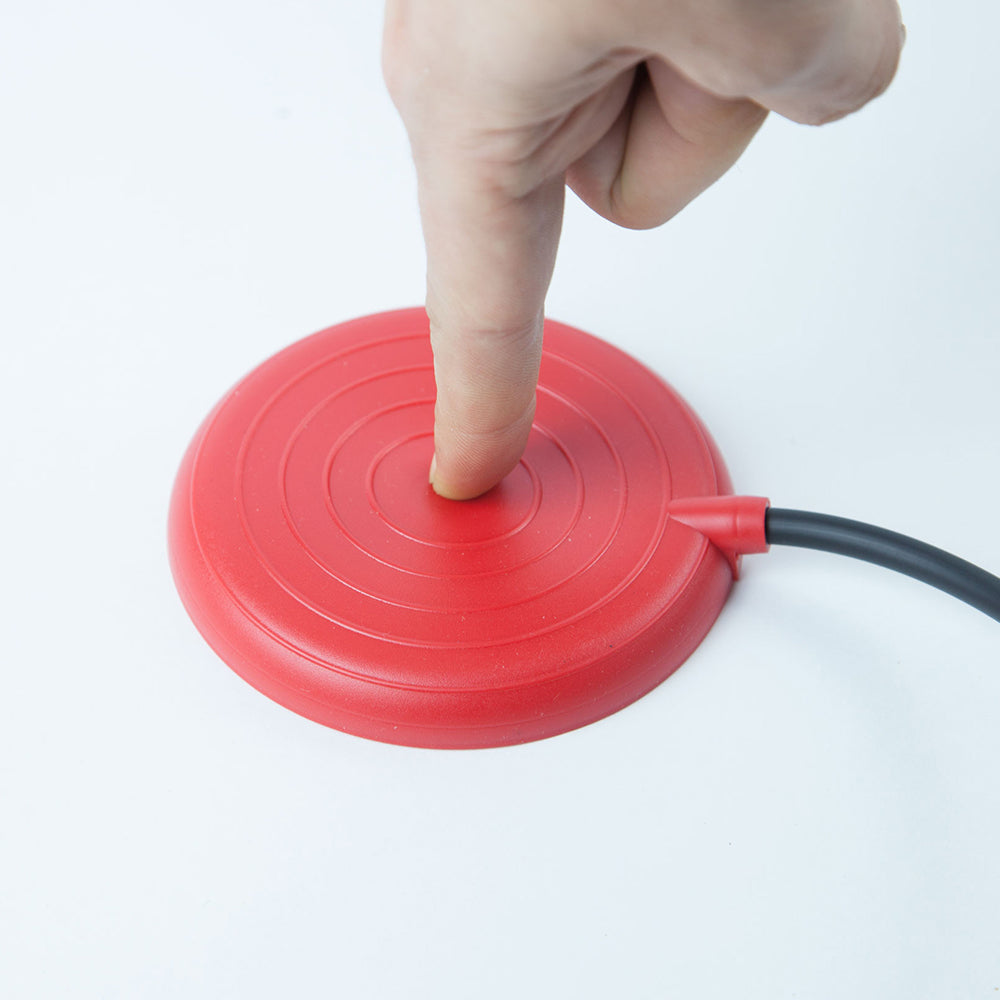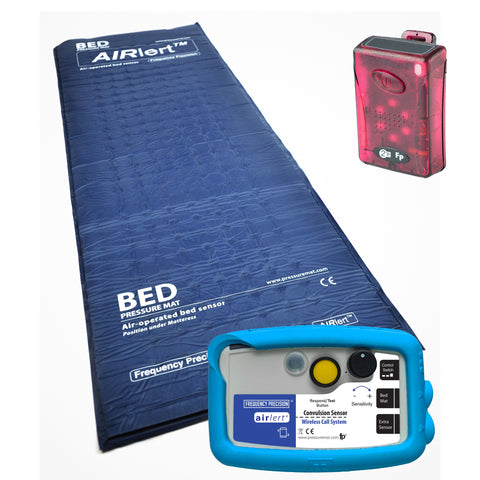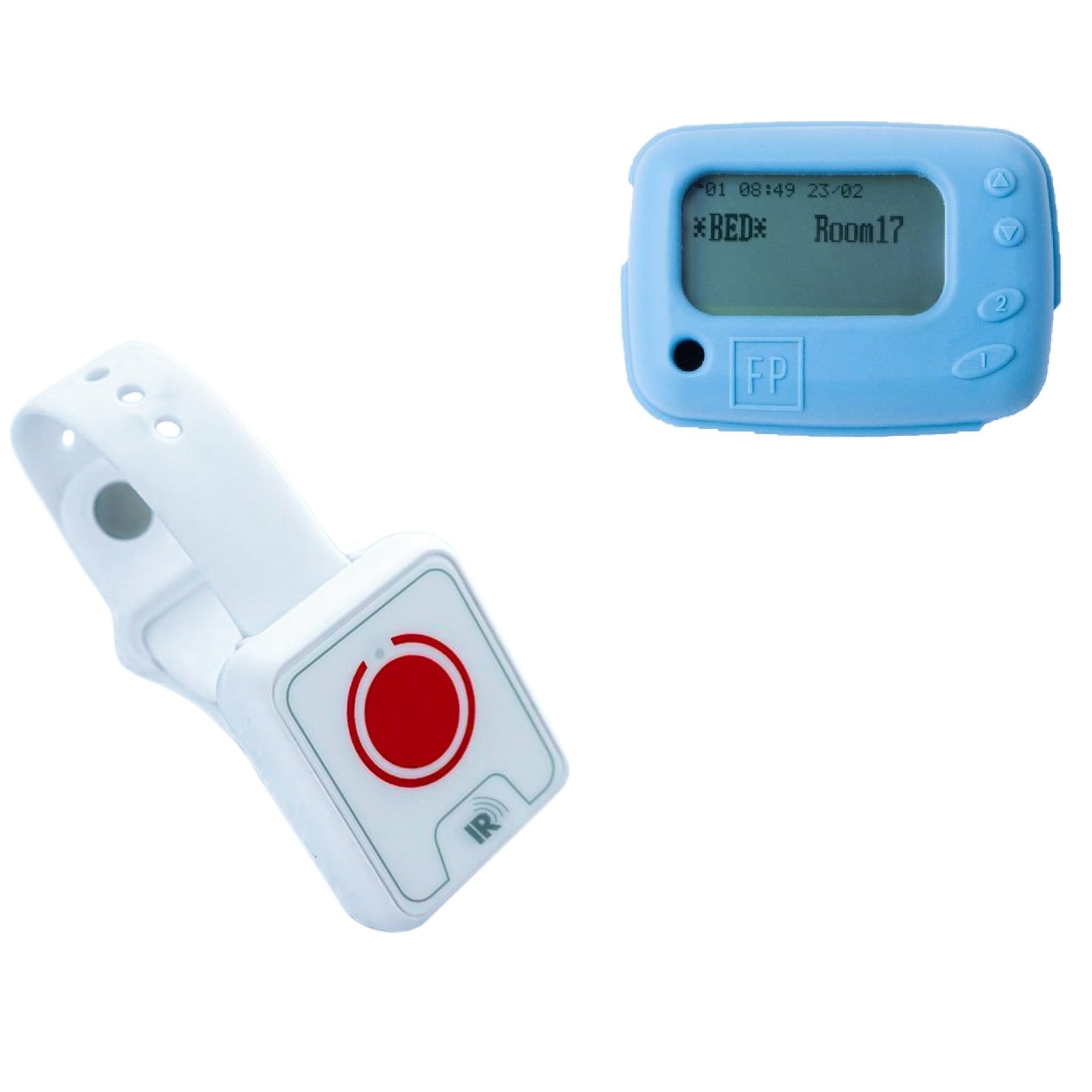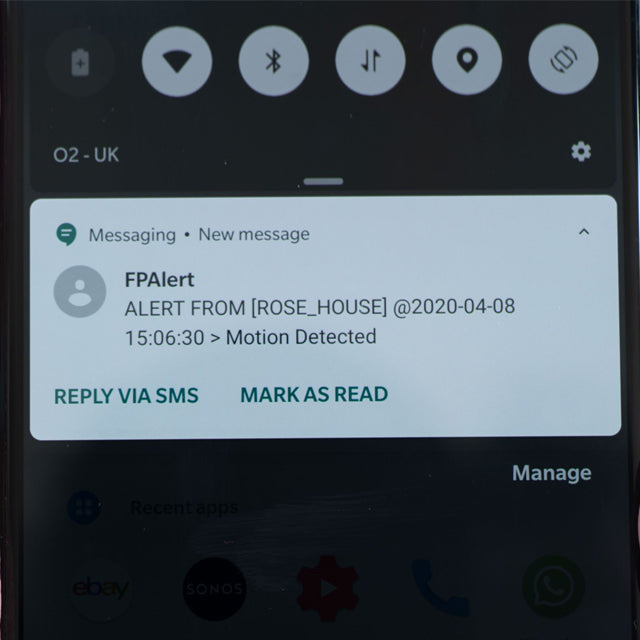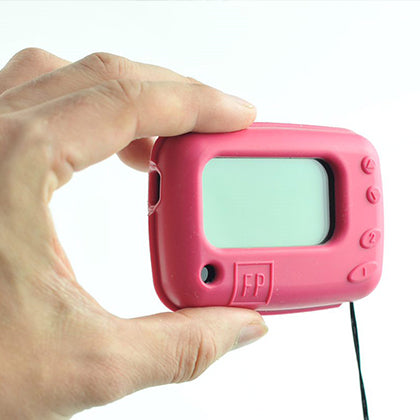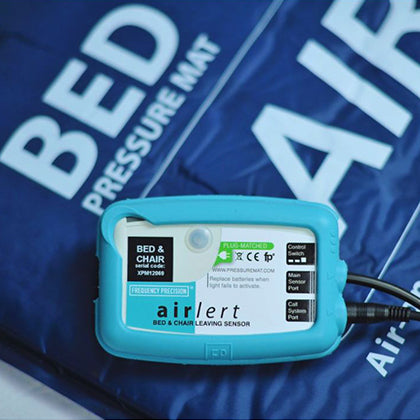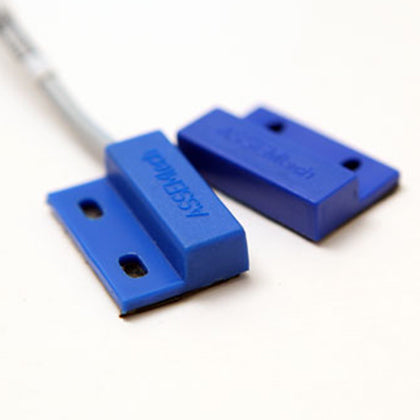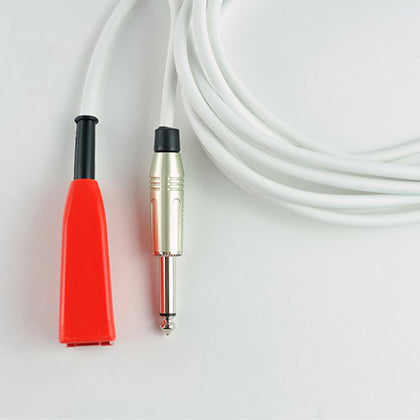
Bed sensors are extremely useful medical alert devices that can be utilised for dementia care at home, in hospitals or in nursing homes. They alert you, other family members, carers or staff that a patient has either gotten out of or fallen out of bed and may need assistance. Sensors provide you with the right assurance that if your loved one with dementia has had an accident or is disoriented, you’ll know about it in time to help. In this blog, we’ll delve into how bed sensors can be used to provide quality dementia care for your loved one.
How Do Bed Sensors Work?
As your loved one’s dementia progresses, you will probably find that a bed sensor is a necessity to safeguard their wellbeing. They typically consist of a pressure sensor mat and a wireless alarm unit, which are linked. When the pressure sensor mat detects a marked weight decrease, it will send an alert to the alarm unit, which will begin to sound. Because this sudden, sharp noise has the potential to distress the sleeper, you may be able to put it in another room. This means that if, for example, you’re caring for a senior, you could choose to keep the alarm in your room instead of theirs. Should they fall out of bed, you’ll be the first to know and will thus be able to help immediately.
Pressure sensor mats are typically adaptable and many can be placed either on top of or underneath the bed sheets. They are designed to be easy to clean and are waterproof, should your loved one be incontinent.
Before setting up a bed sensor, you should always read the manufacturer’s instructions carefully to ensure that you’re using the device correctly, otherwise it might not work as intended. For instance, because the alarm works by sensing the weight of the bed occupant, adding pillows or fresh sheets could affect the accuracy of the sensor. These items naturally add weight, and if your loved one were to fall out of bed, the alarm might not sound if it’s unable to sense the correct weight change..
To combat the above issue, most bed sensors will have a zero or reset button. This button should always be used just before your loved one goes to bed and after bed linen has been added. This will improve the accuracy of the sensor. Once your loved one is in bed, the alarm can be activated and you can have a restful sleep, safe in the knowledge that you’ll be alerted if there’s an issue.
What Issues Can Bed Sensors Help With?
While bed sensors can serve a multitude of purposes, there are a few reasons why they are most popularly used. If you’re caring for a loved one with dementia, here are just three ways that a bed sensor can tackle common issues that patients face.
Falls & Injury Prevention
If your loved one is likely to try and get out of bed but susceptible to falling when doing so, a bed sensor can alert you to their need for help. Depending on their condition, they might just need someone to offer a helping hand for balance when getting up, or they may require significant physical assistance to get out of bed and safely bear weight. People with middle stage or late stage dementia are liable to use poor judgement and forget they can’t walk as well as they used to, but a bed sensor can increase the likelihood of you getting there in time to provide assistance.
Wandering Prevention
Some people living with dementia may try to get out of bed and either intentionally leave their home or nursing facility, or accidentally leave because they became lost and are unable to find their way back. A bed sensor can combat this issue by emitting a sound so that you’re aware your loved one could be at risk of wandering since they have gotten out of bed.
Need for Bathroom Assistance
Others with dementia might require assistance with a basic care need, such as going to the toilet. A bed sensor can be useful in this sense because even if your loved one isn’t alert enough to communicate that they need to use the bathroom, if they become restless the sensor will alert you to the fact that they wish to get out of bed.
Medical Alert Devices for Dementia Care
Alongside bed sensors, there are a number of medical alert devices that can aid in dementia care:
- Fall sensors: This device can detect if your loved one has had a heavy fall and will raise an alert if they have not stood up after 20 seconds. For those that are able and will remember to do so, there is often a call button built in to get in touch with someone who can help.
- Out of bed sensor: This specific type of pressure sensor mat will send an alert to you if your loved one is out of bed for 20 minutes or more.
- Door sensors: If your loved one is prone to wandering and getting disoriented, a door sensor handy as it will notify you if the door has been opened.
- Floor pressure mat: These pressure mats can be placed by your loved one’s bed or a door, which can also be effective for preventing wandering or anticipating falls.
How Can Frequency Precision Help?
Here at Frequency Precision we are specialists in telecare for hospitals, nursing homes and home carers. We design and manufacture bed sensors and sensor pressure mats to monitor those in care - be it at home, in hospital or a nursing home. For the past 35 years, we have been manufacturing products across the field and have developed a name for our user-friendly sensors and pagers and excellent customer service.
Browse our full range of products online, or alternativelyget in touch with us for more information.

